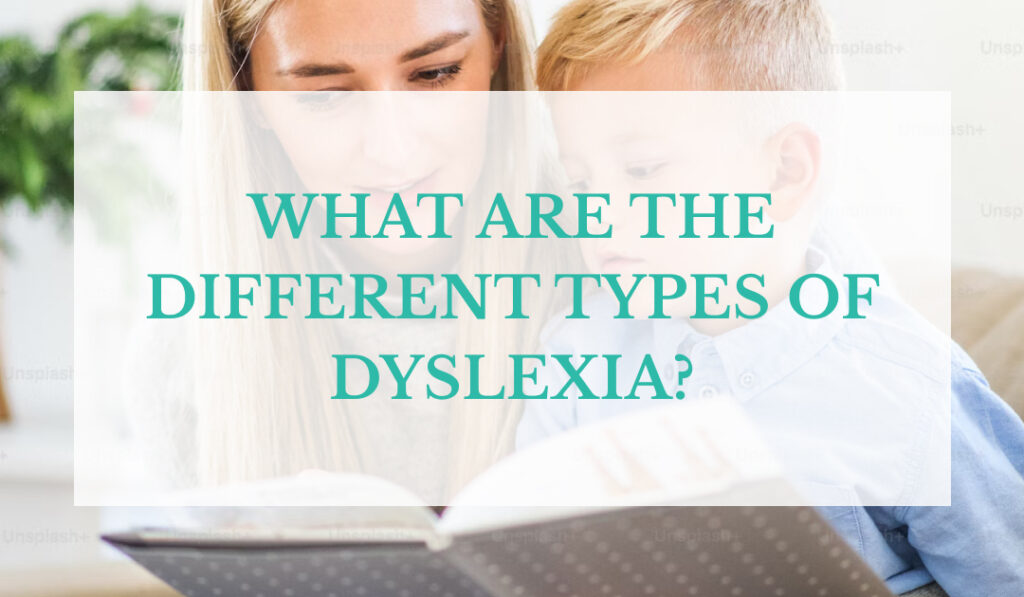Have you noticed your child having difficulties reading, writing or spelling? If yes, your child may have dyslexia. However, you don’t need to worry about it. Many students struggle with reading, writing, and spelling issues. The blog will share information on dyslexia, its symptoms and how Toronto Tutor can support your child improve reading, writing and spelling skills.
What is Dyslexia?
Dyslexia is a neurobiological condition that impacts the brain’s ability to interpret written language. It’s crucial to understand that dyslexia is not a reflection of laziness or lack of intelligence, but rather a unique challenge in recognizing and decoding words. Children with dyslexia often face reading, spelling, and writing difficulties, which can significantly affect their educational and career pursuits.
What are the Symptoms of Dyslexia?
The following are some common symptoms that can be found in dyslexic children:
- difficulty with sounding out words and reading comprehension
- face difficulty with spelling and writing
- reading slower than other children without dyslexia
- having a hard time remembering number facts
- poor sentence structure
- confusing letters for each other
What are the Different Types of Dyslexia?
Dyslexia is of different types. Being familiar with each type of dyslexia will allow tutors to develop strategies specific to the child’s requirements to provide the best support possible.
Phonological Dyslexia
It deals with challenges in matching sounds to words and breaking down the sounds of language. Children with phonological dyslexia face difficulty decoding or sounding out words. The following are the most common types of symptoms of phonological dyslexia:
- difficulty sounding unfamiliar words
- difficulty learning sounds produced by letters
- difficulty spelling
- slow reading
Surface Dyslexia
A child who can effortlessly decode unfamiliar words but struggles to identify familiar ones on sight may be experiencing surface dyslexia. In such instances, specialists suggest that the brain struggles to recall the visual appearance of words for rapid processing. This form of dyslexia particularly impacts words requiring memorization due to their phonetic inconsistency, complicating the decoding process. Alternative terms for surface dyslexia encompass visual dyslexia.
Rapid Naming Dyslexia
The child finds it difficult to name a letter, color, number, or object quickly. Rapid naming dyslexia may be associated with both reading speed and the processing speed for reading. Children with rapid naming dyslexia can name a letter, number and color, but they take time to say the correct word.
Double Deficit Dyslexia
Children with double-deficit dyslexia have difficulty in phonological processing and naming speed. Most struggling readers come under this category.
Is Dyslexia a Hereditary Disease?
If you have dyslexia, then there is around a 50% chance that your child could have dyslexia.
Orton Gillingham Tutoring in Toronto for Dyslexic Students
Dyslexia is a leading disorder that stops language processing, leading to difficulty in identifying words, understanding the connection between letters and sounds, and decoding written words. However, with the right strategy, children with dyslexia can get the ability to read, spell and write. The Orton Gillingham approach is widely used for teaching reading, spelling, and writing to children with dyslexia. Orton Gillingham tutor supports children with dyslexia. This approach supports all struggling readers. Orton Gillingham’s approach was designed to identify students’ unique learning requirements and to support them overcome their challenges in learning to write, read and spell.
- It is an evidence-based approach that supports dyslexic students overcome literacy challenges by developing their literacy skills.
- When students progress within lessons, they develop strong foundational skills, starting with the basics and then advancing to complex concepts.
- Orton Gillingham tutoring provides dyslexic children with structured lessons in phonological awareness, including phonics, phonemic awareness, spelling, decoding, morphology, reading comprehension, grammar, and written expression.
- The Orton Gillingham approach supports multi-sensory learning by engaging students through sound, sight, touch, and movement. It helps students understand and retain lessons.
- It is a tailored approach that emphasizes individualized intervention, making sure each lesson is created to identify particular challenges experienced by students.
At Class in Session, we understand the importance of supporting children with dyslexia with useful resources they need to succeed. With proper guidance, children with dyslexia can learn to read, write and spell successfully.
